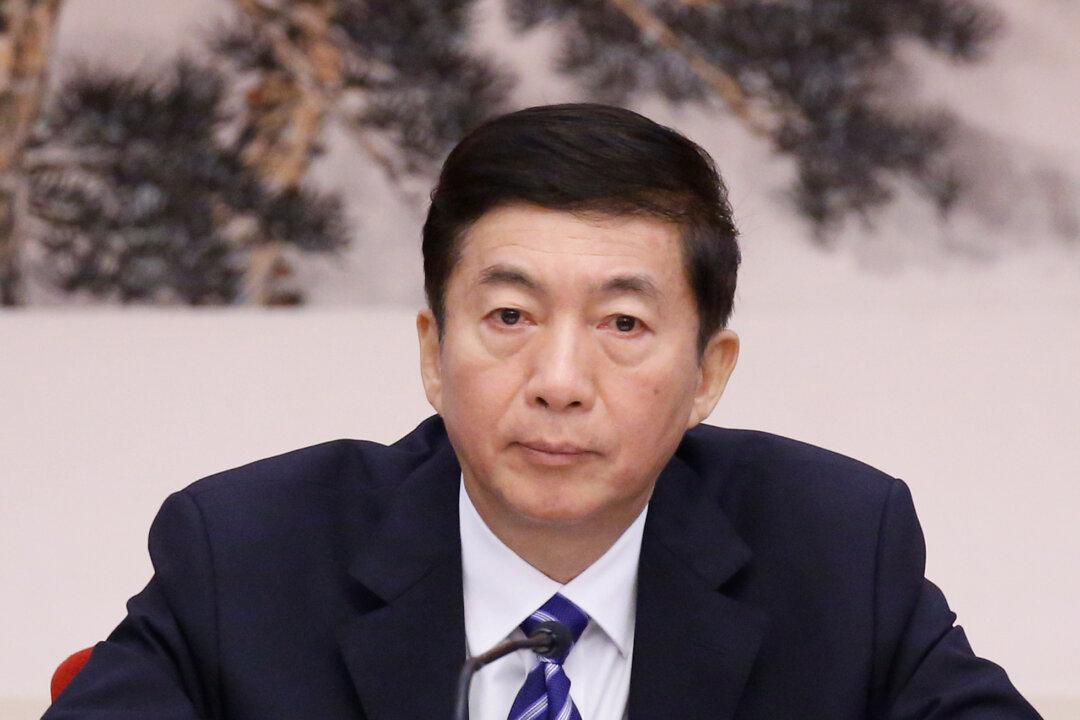SINGAPORE—The Chinese regime has replaced the head of its Hong Kong Liaison Office, the most senior mainland political official based in the Chinese-controlled territory, following more than six months of sometimes-violent anti-government protests in the city.
Luo Huining, 65, was appointed to lead the office. the Ministry of Human Resources and Social Security said on its website on Jan. 4; until November, Luo was the top official of China’s ruling Communist Party in Shanxi Province.





